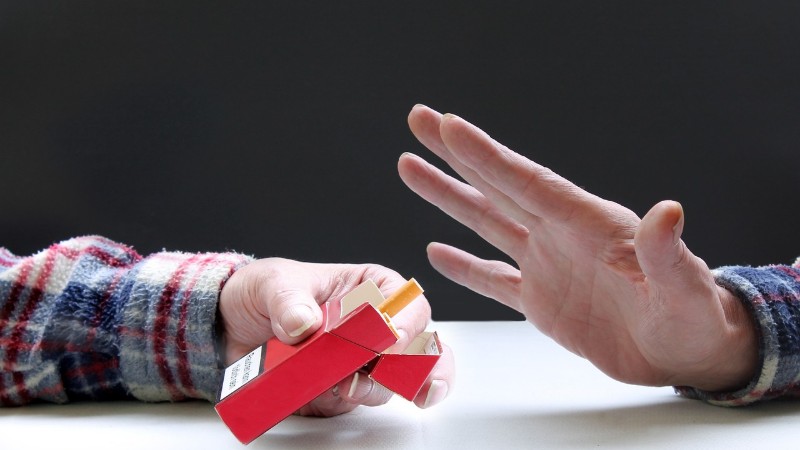Scientists from Trinity College Dublin have unveiled a cognitive framework that sheds light on how habits form and how they can be reshaped. This dual-system approach could pave the way for more effective treatments for compulsive disorders and personalized strategies for habit change.
Published in Trends in Cognitive Sciences | Estimated reading time: 6 minutes
Understanding Habit Formation and Change
Habits are driven by two brain systems: a stimulus-response (S-R) system, which creates automatic behaviors in response to familiar cues, and a goal-directed system that enables conscious decision-making. When these systems fall out of balance, automatic behaviors can dominate, leading to action slips, impulsive actions, or even compulsive disorders such as OCD and addiction.
According to lead researcher Dr. Eike Buabang, “Habits play a central role in our daily lives. Our research reveals why these automatic behaviors are so powerful – and how we can harness our brain’s mechanisms to change them.”
The research emphasizes the importance of repetition, reinforcement, and environmental adjustments for creating or disrupting habits. For example, building a new habit involves consistently repeating a behavior in the same context, while breaking an old one can be aided by removing cues that trigger the unwanted behavior.
Strategies such as “if-then” plans and clinical approaches like exposure therapy were also highlighted as effective methods for managing habits. The researchers believe their framework offers a roadmap for personalizing treatments and reshaping public health initiatives.
Glossary
- Stimulus-Response (S-R) System: A brain mechanism that links environmental cues to automatic behaviors.
- Goal-Directed System: A brain mechanism enabling deliberate actions based on current goals and beliefs.
- Action Slip: An unintentional action caused by reliance on habitual behavior rather than conscious decision-making.
- If-Then Plans: Behavioral strategies that predefine actions in response to specific situations (e.g., “If X happens, I will do Y”).
Quiz
What are the two brain systems involved in habit formation?
Answer: The stimulus-response (S-R) system and the goal-directed system.
What can cause an action slip?
Answer: An imbalance where habitual behavior overrides conscious decision-making.
How can habits be broken according to the study?
Answer: By removing cues that trigger the habit and forming competing automatic responses.
What is an example of an “if-then” plan?
Answer: “If I feel stressed, then I will take a five-minute walk.”
Enjoy this story? Subscribe to our newsletter at scienceblog.substack.com
If our reporting has informed or inspired you, please consider making a donation. Every contribution, no matter the size, empowers us to continue delivering accurate, engaging, and trustworthy science and medical news. Independent journalism requires time, effort, and resources—your support ensures we can keep uncovering the stories that matter most to you.
Join us in making knowledge accessible and impactful. Thank you for standing with us!

